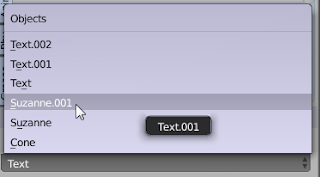I have started on the support for a floor plan, i.e. restricting the generated planks to some outline. This feature is very much a work in progress but it is already useable:
It works by adding and applying a boolean modifier to the generated floorboards.
The current [updated] workflow is like this:
- select your floor plan, make sure it is flat, has a number of faces selected and the face normals pointing up:
- position the 3D cursor just outside the bottom left corner of the floor plan
- choose Add -> Mesh -> Add floor board mesh
- adjust the number of planks and their length (in the modifier tab!)
- select 'use floorplan' and select your floor plan mesh
For those who find a video easier to understand, here's a short screencast of the workflow:
Code availability
You can download version 0.0.15 form GitHub to try out this new functionality. If you already installed a previous version don't forget to remove the old version before installing the new one. (You can remove an old version by deleting the file planks.py from your Blender addons directory (on Windows typically in C:\Users\<your user name>\AppData\Roaming\Blender Foundation\Blender\2.71\scripts\addons )
Known issues
The sides of the planks are currently not properly uv mapped, something that may show when large gaps are used.Previous articles on the floor board addon
The development and use of this addon is documented in several earlier articles:Part I initial version
Part II random uv-coordinates
Part III random vertex colors
Part IV additional options
Part V randomization
Part VI small enhancements
It is also extensively discussed in this BlenderArtists thread.




